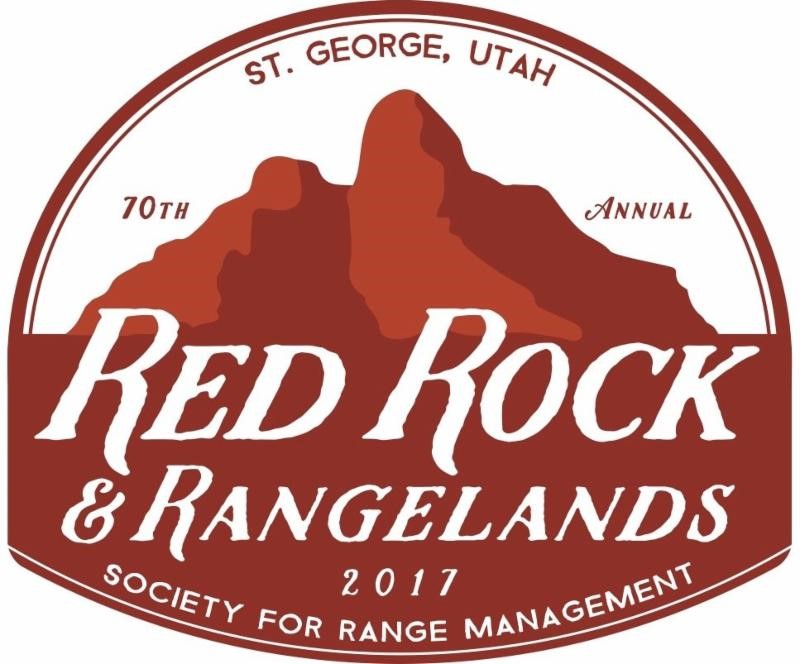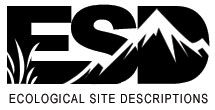| Center for Professional Education and Development: |
|
Climate Change in Western Rangelands -
A Workshop and Field Day for Discussing its Relevance to Ranchers, Public Land Managers, and Society Advance Registration Required: www.rangelands.org/zencart Registration is $20, free for full-time ranchers (courtesy of the Society for Range Management). Participation will be limited to the first 200 registrants. Global climate change has been called one of the most pressing environmental challenges of our times. Not surprisingly, this pronouncement has been fiercely debated among various experts and interest groups, in terms of both the reality and accuracy of the prediction, and the overall impact of climate change compared to other pressing matters. In 2007, the Intergovernmental Panel on Climate Change (IPCC) released its 4th Assessment Report, a description by the world's top scientists of the nature of climate change, and its likely impacts on Earth and its inhabitants. This and many other similar reports that have been issued in recent months indicate an emerging consensus among scientists that human-induced climate change is a reality, and that it is underway. The most catastrophic outcomes of climate change which have been featured in the popular press include global warming, melting of the ice caps and consequent flooding of low-lying regions around the world, loss of coral reefs, and increased severe weather activity. While these are certainly high priority concerns, there are many other potential impacts of climate change, some of which have important consequences for western rangelands, a region that is not often featured in media presentations about climate change. Evidence suggests that rangelands have already been affected by global change. Intelligent management of these lands must include an understanding of what has already happened due to climate, and what's in store for the future. Researchers in Colorado and Wyoming have been at the fore-front of climate change research over the past two decades, and have compiled a strong knowledge base on local aspects of climate change, including the expected consequences for the region. However, this information has been disseminated primarily at professional society meetings, scientific journals, and through national and international climate change reports. Less time has been spent talking to folks who are more directly impacted by climate change, the land managers. To share this knowledge and advance our regional understanding of climate change and its potential consequences for rangelands, the USDA-ARS, University of Wyoming, and Colorado State University, in partnership with the Society for Range Management, are hosting Climate Change in Western Rangelands, a half-day workshop to be held in Cheyenne, WY on Thursday, September 4, followed by a field tour of an on-going climate change experiment at the High Plains Grasslands Research Station near Cheyenne, WY. The morning workshop will feature presentations by climate change experts and discussion sessions among attending scientists, ranchers, public land mangers, NGOs, policy makers and the general public on the latest knowledge of climate change and what it means for rangelands. Research is already underway evaluating current rangeland practices for their ability to cope with a changing climate and reduce their contributions to greenhouse gas emissions. The degree to which this research will be accepted and implemented, and the degree to which it can contribute to prudent global change policy, will depend on how well land managers and the general public understand these issues. Our goal is to provide information on climate change that is specifically tailored to western rangelands, and thereby to help people with an interest in these ecosystems to participate in this important discussion. In the afternoon, the group will have the opportunity to visit an on-going and unique climate change field experiment, the Prairie Heating and CO2 Enrichment (PHACE), Experiment which is evaluating the consequences of rising atmospheric carbon dioxide (CO2), warming, and altered precipitation patterns on a northern mixed-grass prairie. The research is a collaborative effort among USDA-ARS, University of Wyoming and Colorado State University scientists, and is being conducted at the High Plains Grasslands Research Station, near Cheyenne, WY. Visitors to PHACE will be able to view the experiment; meet individual project scientists, technicians, and students; talk to them about their particular climate change research; and learn more about how scientists construct experiments to understand climate change and its impacts on rangelands. The release last year of the IPCC's 4th assessment report has essentially ended the debate on whether human-induced climate change is occurring, and has turned our attention to better understanding the nature of climate change and what can we do about it. The Climate Change in Western Rangelands workshop and field day will give all concerned the opportunity to learn more about this phenomenon, including why it matters, and to begin discussions on how we can address it. How will climate change affect drought, forage production and quality, species composition, and other aspects of rangeland ecosystems? Join us for a workshop exploring these questions, including presentations from experts in climate change and rangeland ecology, and a field tour of one of world's few experiments to measure effects of both warming and carbon dioxide enrichment. September 4th, 2008
9:00 am - 4:00 pm The field tour will be at the USDA-ARS High Plains Grasslands Research Station, which is celebrating its 80th year of agricultural research. 8:00am Check in
8:30am Welcome and opening remarks
9:00am Presentations by David Williams and Steve Gray(UW), Alan Knapp(CSU), Jack Morgan(ARS), and Linda Joyce(FS), followed by a panel discussion
12:00pm Lunch (provided)
1:30-4:00pm Experiment tour (transportation provided)
The field site can be very windy. Please dress accordingly. Advance Registration Required: www.rangelands.org/zencart For more information, please contact Ann Heckart.    
|
|
Quick Links
Annual Meetings
Red Rock and Rangelands Registration is now live! Click HERE to register today St. George, UTJanuary 29 - February 2, 2017 SRM eStore
Career Growth
|
|
|
Loading
|
|
 Society for Range Management
Society for Range Management6901 S. Pierce St. Ste 225 Littleton, CO 80128 Phone: (303) 986-3309 Fax: (303) 986-3892 Email: info@rangelands.org ©2003- Society for Range Management. All Rights Reserved. |
|







